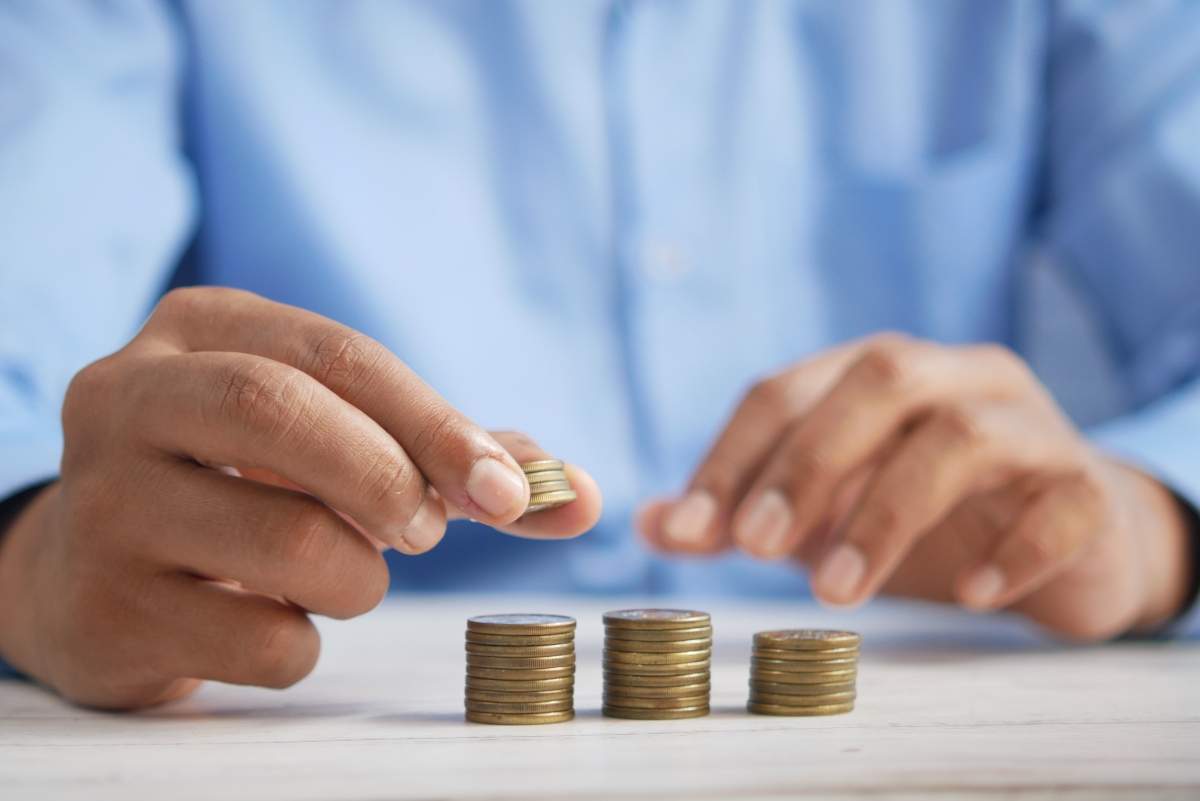With the January 31st Deadline swiftly approaching, it’s essential that you are prepared to file your self-assessment tax returns and pay the appropriate taxes. While this may seem complicated or overwhelming, the sooner you complete your returns, the better.
Furthermore, filing your tax return can also make you more aware of the ways you may be mishandling your finances so that you can make positive changes to your financial situation moving forward.
Do I Need to Complete a Self-Assessment Tax Return?
Your tax will automatically be deducted from your wages if you are not self-employed. However, if you are self-employed, you must send a tax return for the previous tax year, which runs from 6 April-5th April.
According to UK.Gov, you must fill out a tax return if:
- You were self-employed as a ‘sole trader’, earning more than £1,000.
- You were part of a business partnership.
- You earned £10,000 or more.
You should also fill in a tax return if you earned ‘untaxed’ income during this period, such as Support Small Business Relief funds or if you rented out a property.
What is a Self-Assessment Tax Return?
A self-assessment tax return is a declaration that explores how much your business or business earned within the tax year. This then lets HMRC know how much income tax you should pay.
The amount of money you pay towards your taxes will vary depending upon which tax bracket you fall into. However, you only pay tax on the income that exceeds your Standard Personal Allowance of £12,570.
Income tax is used to pay for public services within the UK. This includes the NHS, welfare systems, education, and investment in public projects, such as the development of new transport systems. You can find more information about this on the UK government website.
How to Fill in a Self-Assessment Tax Return?
While it is still possible to complete a self-assessment tax return on paper, most people choose to do so online. This is because it is much easier to keep track of your documents and ensure everything is filled in correctly. It also means you have a little more time to complete the form, as you do not have to factor in the time it takes to post the return.
To fill in your tax return, you must have access to the following information:
- Your Unique taxpayer code.
- Proof of identification.
- Income documentation (Invoices, receipts, etc.)
- Information on prior tax payments.
- Information/proof of exemption(s).
Once you have completed your tax return, sharing information on both your income and business expenses (which can be tax-deductible), the HMRC will let you know exactly how much money you owe. You’ll then have to pay for this by the 31st of January.
When are Self-Assessment Tax Returns Due?
Self-assessment tax returns, completed both online or on paper, are due by the 31st of January each year for the previous tax year. Payments are due on the same day, though you can sometimes arrange to pay at a later date. However, this must be organised ahead of time in order to avoid penalties.
Missing the tax return deadline means that you will face some kind of payment penalty unless you can provide a ‘reasonable’ excuse. Typically, you will receive a penalty of £100 if your return (or payment) is up to 3 months late, with the figure rising after this. You will also be charged interest on late payments.
As a result, it’s crucial that you file your tax return sooner rather than later to avoid any complications. This way, you also have time to reach out for help from the relevant support systems should you need it.
Who Needs to do a Self-Assessment Tax Return?
As discussed above, anybody who worked as a sole trader or was self-employed must file a tax return. However, if you have earned less than £10,000, you may not need to file a tax return – though it is best to check on the government website for more guidance.
Don’t Forget!
Have you filed your self-assessment tax return yet? If not, this is your reminder!
Make sure you’re organised and prepared for all things 2023 by keeping up to date with the Chamber of Business. Our blog is dedicated to sharing tips from industry leaders, which can help put your business on the path to success!

